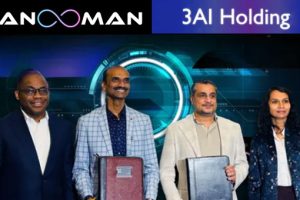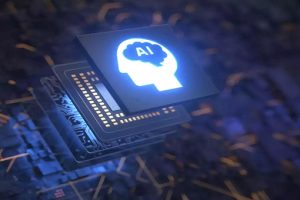OpenAI, the trailblazing company behind ChatGPT, is reportedly delving into the possibility of creating its own artificial intelligence (AI) chips. Sources familiar with the matter have disclosed that OpenAI is actively considering various options to address the ongoing shortage of high-priced AI chips, which are essential for its AI-driven technologies.
While a final decision has not been reached, internal discussions at OpenAI have been ongoing for approximately a year as the company grapples with the scarcity of expensive AI chips crucial for its operations. The options being contemplated include building custom AI chips, establishing a closer collaboration with chipmaker Nvidia, and diversifying its supplier base beyond Nvidia.
OpenAI CEO Sam Altman has underscored the acquisition of additional AI chips as a top priority for the company. Altman has voiced concerns about the scarcity of graphics processing units (GPUs), which play a pivotal role in powering AI applications. Currently, Nvidia holds a dominant position in the market, commanding over 80% of the global market share for AI chips.
The shortage of advanced processors, coupled with the high operational costs associated with AI hardware, has prompted OpenAI to explore alternative solutions. Since 2020, OpenAI has been utilizing Microsoft’s supercomputer, equipped with 10,000 Nvidia GPUs, to advance its generative AI technologies. However, the expense of running ChatGPT remains considerable, with each query estimated to cost approximately 4 cents.
Embarking on the development of proprietary AI chips would place OpenAI in the league of tech giants like Google and Amazon, who have ventured into creating their own custom chips. However, this endeavor would necessitate a substantial investment, potentially reaching hundreds of millions of dollars annually.
Even though OpenAI has entertained the idea of acquiring a chip company to expedite the process, the identity of the potential acquisition target remains undisclosed. Should OpenAI proceed with custom chip development, it is anticipated to take several years, leaving the company reliant on commercial providers such as Nvidia and Advanced Micro Devices (AMD) in the interim.






















